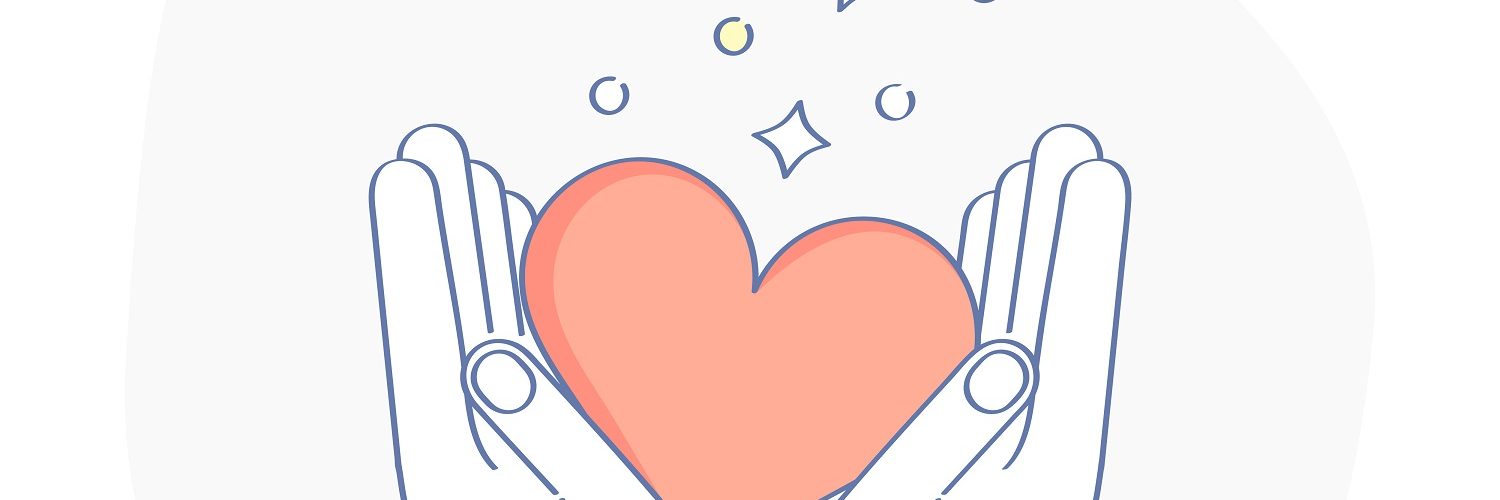

If you’re thinking of becoming an egg donor in the UK, you obviously have strong altruistic impulses and a sisterly generosity that makes you want to offer your help to women who need it. But your kind-hearted gesture is not something to be undertaken lightly. You need to know what your commitment will be in terms of time and inconvenience, and be prepared for what to expect if you decide to go ahead.
In this IVI blog article we explain in general terms all you need to know about the process of egg donation, and point out where you can find more detailed information if you need it. We will take you through how the egg donation process works, explain the legal and regulatory framework in the UK and offer you some insight into how women may benefit from your gift of life.
How does the egg donation process work?
The physical aspect of egg donation and retrieval is important, but there are many other parts to the process. These could vary from clinic to clinic, and so we will take you through what happens in our IVI UK Donor centre.
- The purpose of your first visit is for you to learn about the egg donation process and for us to carry out a basic donor assessment. Our coordinator explains the programme in detail to make sure you feel comfortable that you fully understand what the process involves. We also encourage you to raise any questions or concerns you may have. We take your full medical history and, providing everything is OK, our specialist performs an ultrasound scan to check for any possible problems.
- The next step is counselling which is an essential element of the process. You and your counsellor talk about what the process means to you, giving you the opportunity to consider all of the implications of donating your eggs.
- If you decide to go ahead, the next step is to begin the donation cycle. This is essentially the same as for a woman who is having IVF treatment using her own eggs, up to the point of egg retrieval. The hormone treatment stimulates your ovaries to produce multiple follicles containing immature eggs. This step lasts about two weeks, during which time you attend our clinic two to three times for monitoring scans and blood tests. When the follicles are ready, a further hormone injection triggers the eggs to mature, and egg collection is scheduled for 36 hours later.
- The final step is the actual egg donation. You are given a sedative to help you relax and eliminate any discomfort for the procedure which takes around half an hour. An ultrasound probe is inserted into the vagina and the eggs are removed from each follicle in a process called transvaginal ovarian aspiration. Afterwards, you spend about an hour in the clinic with some refreshments and can then go home in the company of a family member or friend. There will be a follow-up appointment four to six weeks later to check that all is well.
The rules about egg donation in the UK
The Human Fertilisation and Embryology Authority (HFEA) sets the regulatory framework for egg donation in the UK. This body lays down the rules about who can be a donor, what compensation is allowed, whether you can donate to a known recipient, and the regulations around anonymity, among other things.
Who can be an egg donor?
The HFEA has a set of eligibility criteria that potential donors must meet. Some of these are in order to protect the health and wellbeing of the donor, while some are to do with the suitability of the eggs for use in assisted reproduction.
You should be between 18 and 35 years old, because this is the age when your eggs are at their best quality. There should be no history of genetic disorders or inherited disease in your family and you need to be of normal weight, with a BMI between 20 and 30. You should not be actively trying to conceive while undergoing egg donation.
Can you donate to a known recipient?
Yes, it is perfectly fine to donate your eggs to a friend or family member. There are restrictions around which family members may be recipients but normally any female relation would not be a problem. Clinics are able to relax the rules about the 35 upper age limit in the case of family donations.
The rules about anonymity
Unlike many European countries, in the UK complete anonymity is not possible. The recipient of your donation has the right to only basic information about you but any children born are able to access full contact details when they reach the age of 18.
What financial compensation can a donor receive?
Egg donation is most definitely not a commercial transaction and most women who donate are only too glad to be able to help infertile women and couples. However, compensation for time off work and travel is permissible, and at IVI we make a payment of £750 to compensate donors for these expenses.
Who will benefit from my egg donation?
All over the UK, thousands of women are unable to use their own eggs to fulfil their dream of starting or completing a family. This could be a result of cancer treatment which destroyed the ability of their ovaries to produce eggs, they could have experienced an early menopause or they may have a genetic disorder which they can’t risk passing on to their children.
I want to be an egg donor – what do I do now?
Your next step is to find a clinic with the right expertise, facilities and above all experience, to take care of you. At IVI, we have over 30 years’ experience in helping both donors and recipients to make the right choices, and our dedicated teams stay with you and offer you support every step of the way.
Just give us a call on (0800) 0418189 or make an appointment using our online contact form. You will be taking your first step towards joining the amazing group of women prepared to offer the gift of a new life.






Comments are closed here.